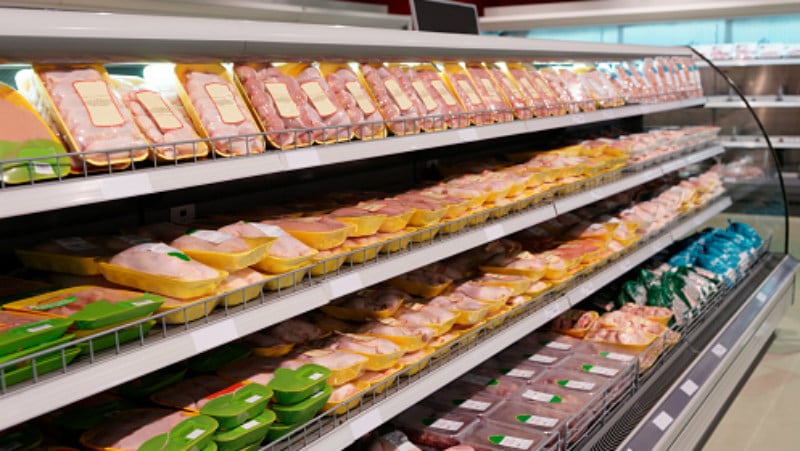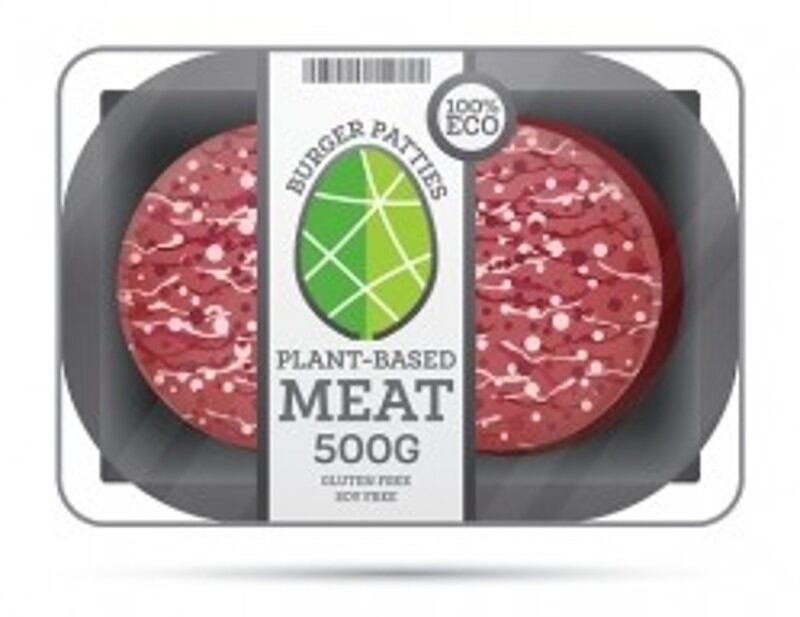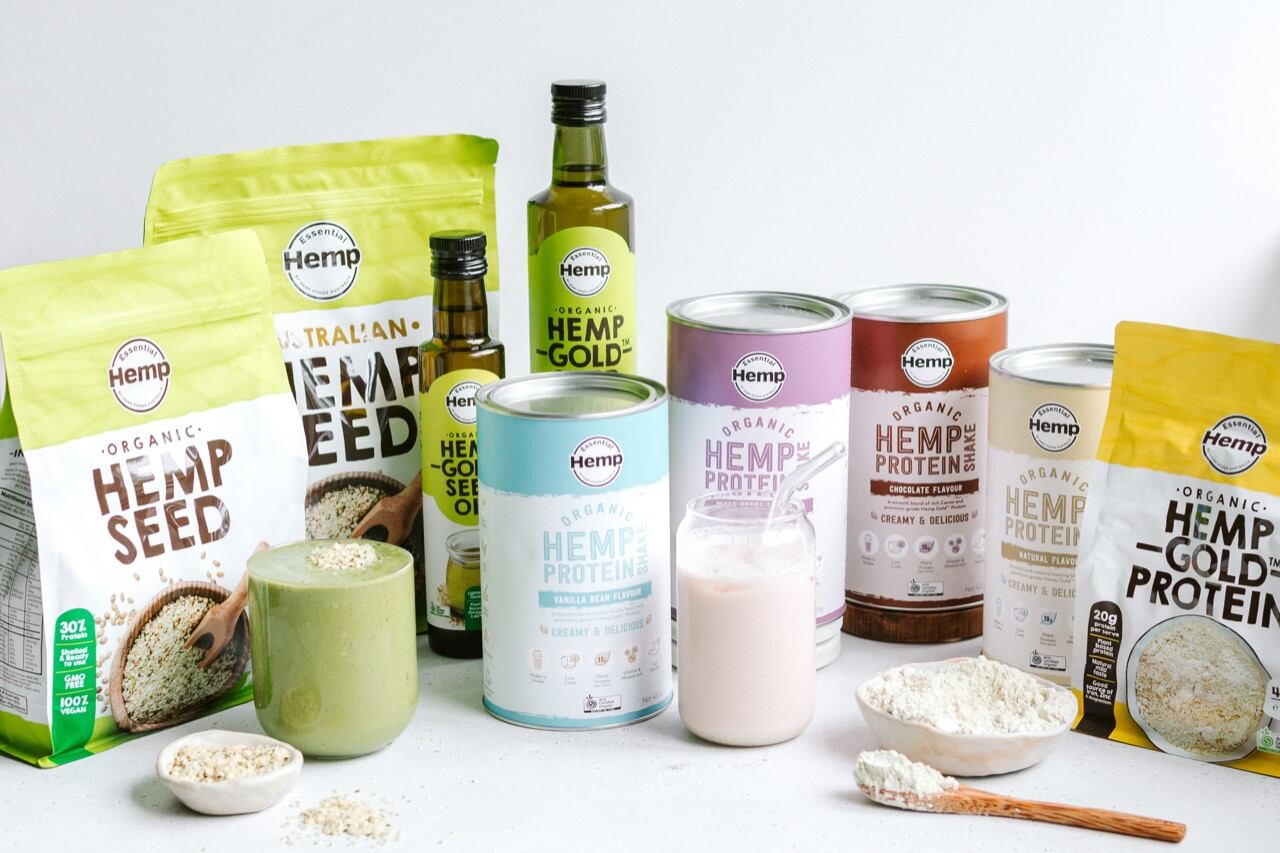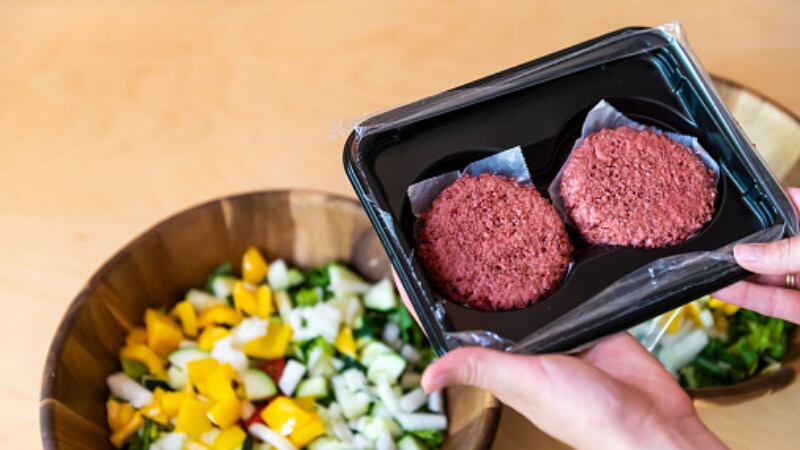There are various differing opinions today in the food and beverage industry over the role alternative proteins will play in fulfilling consumer needs in the future, but according to an expert panel at the recent Gulfood 2023 event, it is unlikely it will ever overtake conventional protein sources.
The panel was comprised of Thai Union Alternative Proteins Global Business Development Manager Gerben Kamps, Apical Senior Business Manager Ashish Anant and Fonterra General Manager Strategy & Sustainability Mark Casey.
“Future demand and consumption of animal protein is growing and will grow, but the eventual rate and level will be highly region-dependent,” Kamps told the floor.
“For example, we can clearly see that the rate of growth and total demand in Europe is definitely at a faster rate and much more widespread, whereas here in the Middle East it won’t be quite so fast or widespread.
“One of the key reasons for this is that the platform on which alternative protein growth is based is quite different here – by this I mean that the most prominent trends are a bit different, where things like convenience and taste are the most important here in the Middle East as opposed to a sustainability-driven focus.
“Additionally, we can also tell that there is always going to be a place for animal-based products in many regions and cultures, simply because although there are definitely many dietary applications where a switch to plant-based protein is possible, there are others where it is more challenging to do so such as cuisines or dishes that require whole muscle formats.”
This was seconded by Casey, who highlighted that it is not only alternative protein demand that has seen growth but also conventional animal protein.
“The consensus in New Zealand is that yes environmental wellness is essential, but there has also been a surge in demand for meat and dairy that needs to be met,” he said.
“As the populations grow everywhere, the food system needs to be able to provide consumers with enough of the right nutrients – so there is a place in here for both plant and animal proteins.
“There is a need for these to be complementary within the whole system, and the only way is to help farmers make their land and their production more regenerative and resilient – right now, there are those that have a bad perception of dairy and it is crucial for dairy firms to meet their CSR goals and have the right systems in place [to overcome this].”
Anant added that phasing out a major portion of the food supply at a time when increased production is becoming more important is unlikely to be the way to solve existing issues.
“Meat makes up some 50% to 55% of the current protein supply – how will it be possible to just remove this,” he stated.
“That said, it definitely needs to be a priority for companies in this area to focus on solving problem areas such as waste water and energy consumption.”
Not all straightforward
Despite all its hype, plant-based products still face a vast array of challenges that need to be solved before it can hope to achieve mainstream acceptance – one of which is ingredient sourcing, which affects the very core of its production.
“Because a lot of alternate protein products discuss sustainability, already consumers are very focused on asking about the sustainability status for the raw materials used to make these,” Kamps said.
“This is where things can be a bit more complicated because some ingredients such as soy still face issues – there’s nothing wrong with good soy as it gives excellent texture, but there are many issues surrounding the necessity of it being from a confirmed sustainable source as well as its geographic origin, as there is pushback in the EU against Brazillian soy, in the US against Chinese soy and so on.
“So it is really not quite so straightforward to come up with good solutions acceptable to everyone, much less one universal solution [that will appeal to all consumers].”





